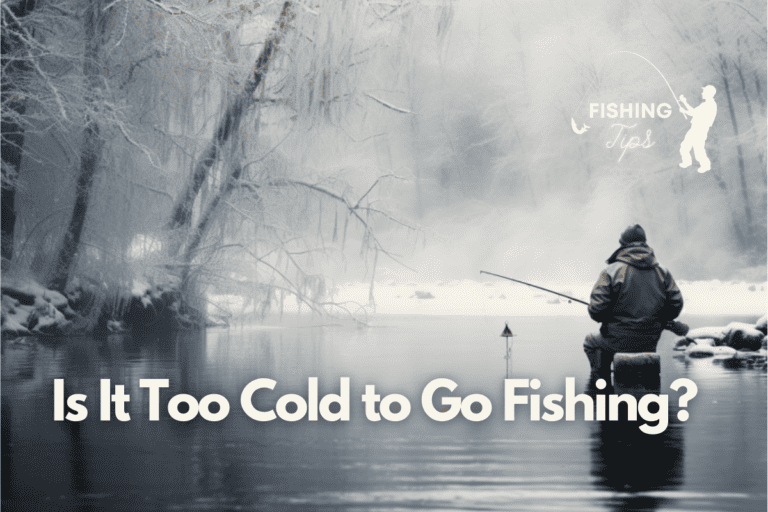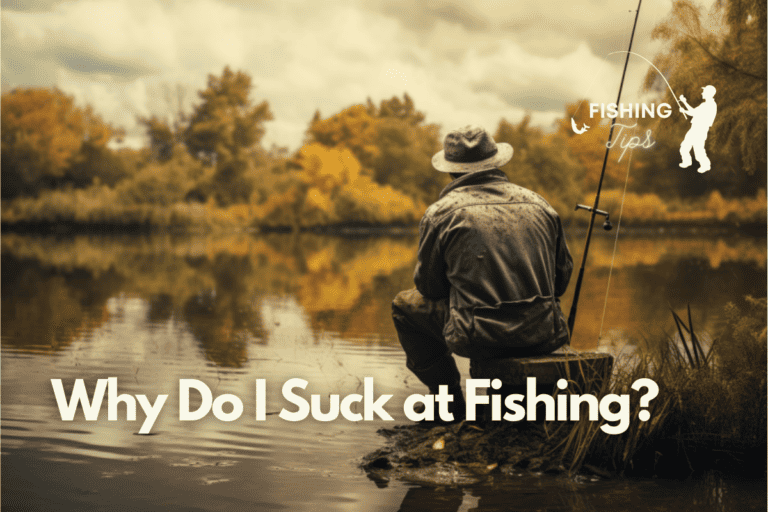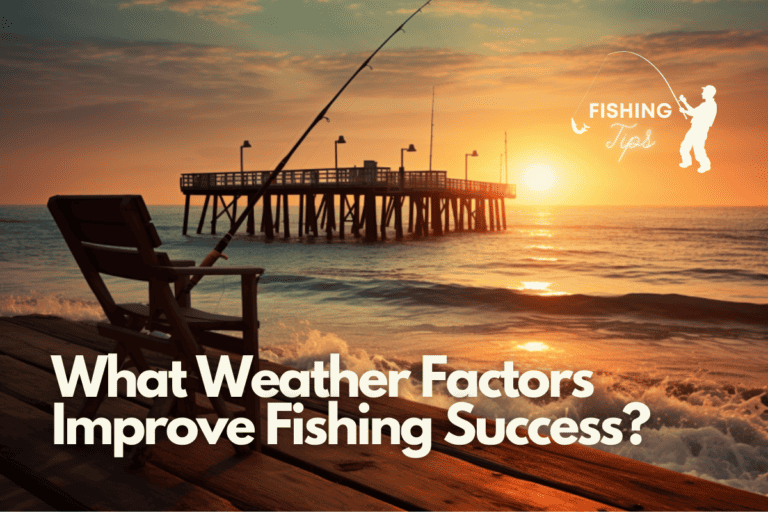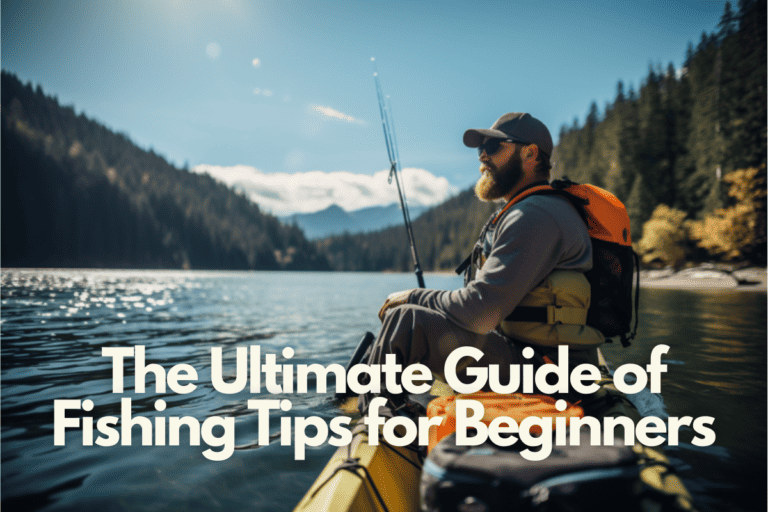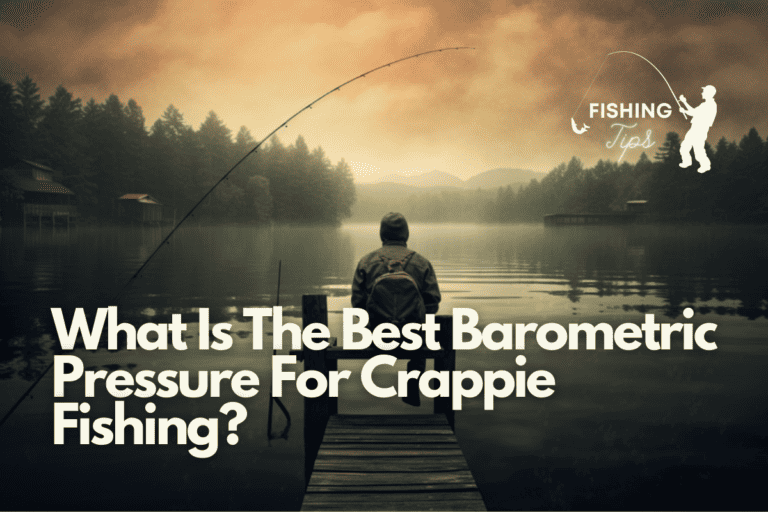Is Fishing Good After a Cold Front? An In-depth Analysis
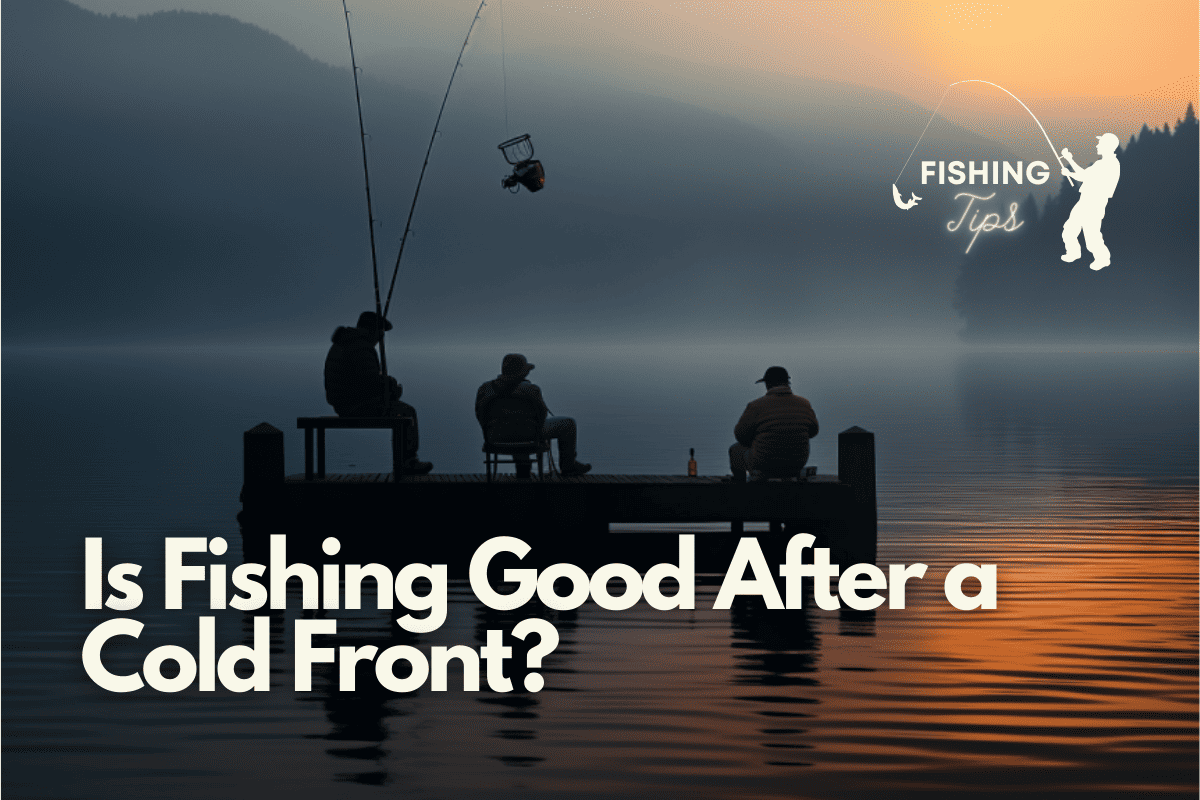
Is Fishing Good After a Cold Front? Cold fronts are a natural phenomenon that can have varying effects on fishing conditions. While many anglers have debated the impact of cold fronts on fish behavior, there’s no denying that these weather patterns can influence fishing success.
This article delves into the effects of cold fronts on fishing and provides insights on how to maximize your catch during these conditions.
Is Fishing Good After a Cold Front? The Science Behind Cold Fronts and Fishing
Cold fronts can bring about significant changes in the atmosphere, including a drop in temperature, clear skies, and changes in wind patterns.
Effects of Cold Fronts on Fishing
| Factors | Effects on Fishing | Tips & Strategies |
|---|---|---|
| Water Temperature | Alters fish activity | Monitor temperature changes and adjust depth |
| Light Intensity | Can make fish cautious | Use subtle lures and techniques |
| Wind | Can create currents | Seek wind-protected areas |
| Barometric Pressure | Unclear effects | Stay adaptable and observe fish behavior |
These changes can influence water temperature, light penetration, and even the behavior of baitfish, all of which can affect fish activity.
- Water Temperature: While air temperature can drop significantly after a cold front, water temperature changes are usually more gradual. Fish, especially bass, are sensitive to temperature changes, which can influence their feeding patterns and location.
- Light Intensity: Bright, bluebird skies after a cold front can increase light penetration in the water. Contrary to the myth that bright light hurts bass’s eyes, they are accustomed to varying light intensities. However, the increased light can make fish more cautious and less likely to bite.
- Wind: Wind can create surface disturbances and generate currents in a water body. While wind can concentrate plankton and attract predators, its overall effect on fish behavior is still debated.
- Barometric Pressure: Fish can potentially detect changes in barometric pressure, but the biological significance of this is still unclear. Some believe that drastic changes in pressure can affect fish behavior, but more research is needed in this area.
Practical Tips for Fishing After a Cold Front
While the science behind cold fronts and fishing is complex, experienced anglers have developed strategies to increase their chances of success:
- Adjust Your Tactics: Depending on the season, you may need to adjust your fishing techniques. For instance, during the fall, a cold front might activate bass, making them more aggressive. However, in the spring, a cold front could push bass off their beds.
- Go Deeper: After a cold front, fish might move to deeper waters. If you’ve been fishing in shallow areas, consider exploring deeper spots.
- Slow Down: Fish might become less active after a cold front. Slowing down your retrieval and using more subtle lures can increase your chances of getting a bite.
- Seek Sheltered Areas: Wind-protected creeks or areas with dense cover can be hotspots for fish after a cold front.
Final Thoughts

Cold fronts can present challenges for anglers, but they also offer opportunities. By understanding the effects of cold fronts and adjusting your strategies accordingly, you can enhance your fishing experience and potentially land that big catch.
FAQs
Q1: Do cold fronts always negatively affect fishing? A: Not always. The impact of a cold front on fishing can vary based on factors such as the season, location, and the specific species of fish you’re targeting. While cold fronts can often present challenges, the outcomes can differ.
Q2: How long do the effects of a cold front last on fishing? A: The duration of the effects of a cold front on fishing can vary widely. They might last from a single day to several days, influenced by factors like the severity of the front, water temperature, and overall weather conditions.
Q3: Are certain fish species more affected by cold fronts than others? A: Yes, different fish species can react differently to cold fronts. For example, bass might become less active and more cautious, while other species could become more aggressive or unaffected. The specific behavior changes can depend on the species’ feeding patterns, preferences, and how they respond to changes in their environment.
